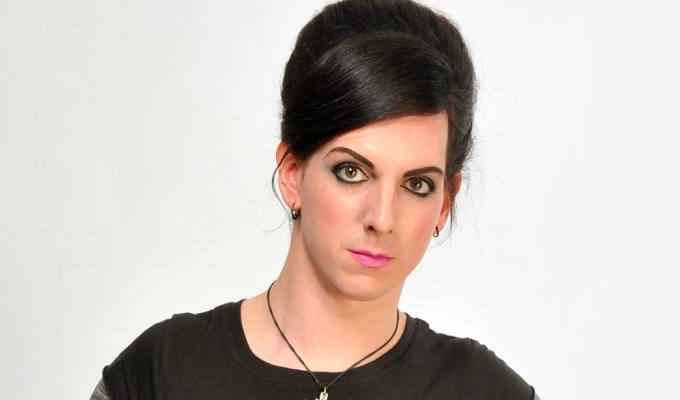Burmese comic arrested
Zarganar criticised regime's cyclone response
One of Burma’s most popular comedians has been taken from his home and thrown into custody after helping cyclone victims.Zarganar has been an outspoken critic of Burma’s military junta and is regularly arrested by the regime. His family say secret police again took him away on Wednesday night after he returned home to Rangoon from the Irrawaddy delta, where he had been helping the Cyclone Nargis relief effort.
They also seized his computer, about $1,000 in donations for survivors of the disaster and several banned films. These included the latest Rambo movie, in which Sylvester Stallone takes on Burma's rulers, footage of the devastation caused by the cyclone and film of the lavish wedding of leader Than Shwe's daughter, whose extravagance fuelled outrage among the nation’s poorest citizens.
The 46-year-old comedian, whose real name is Maung Thura, was held for three weeks for backing protesting Buddhist monks last September.
Zarganar has been banned from performing since 2006, but in one interview, he said: ‘Burmese people love to laugh. But if I can’t speak, jokes will still spread. The people will make them up themselves.’
The comedian said that some cyclone-hit areas have still not received aid and that his group had ‘confrontations with authorities’ during the trip to the delta after he ignored official instructions not to talk to the foreign press.
Friends said he also faced prosecution for mocking an article in a state-run newspaper which said cyclone survivors could exist on what they could scavenge in the land rather than on ‘chocolate bars’ from Western aid groups.
One of Zarganar’s supporters told The Irrawaddy newspaper that his arrest was designed to intimidate other helpers and donors.
The junta has always been accused of hindering the relief effort, even though the UN has estimated 2.4 million people are in need of food, shelter or medical care as a result of the storm.
Burma’s military rulers have shown no tolerance for comedians joking about their regime. U Pa Pa Lay and U Lu Zaw – known as the Moustace Brothers - were sentenced to seven years hard labour in 1996 after making fun of the country’s ruling generals, but were released two years early after an intense campaign by Amnesty International.
Published: 5 Jun 2008






